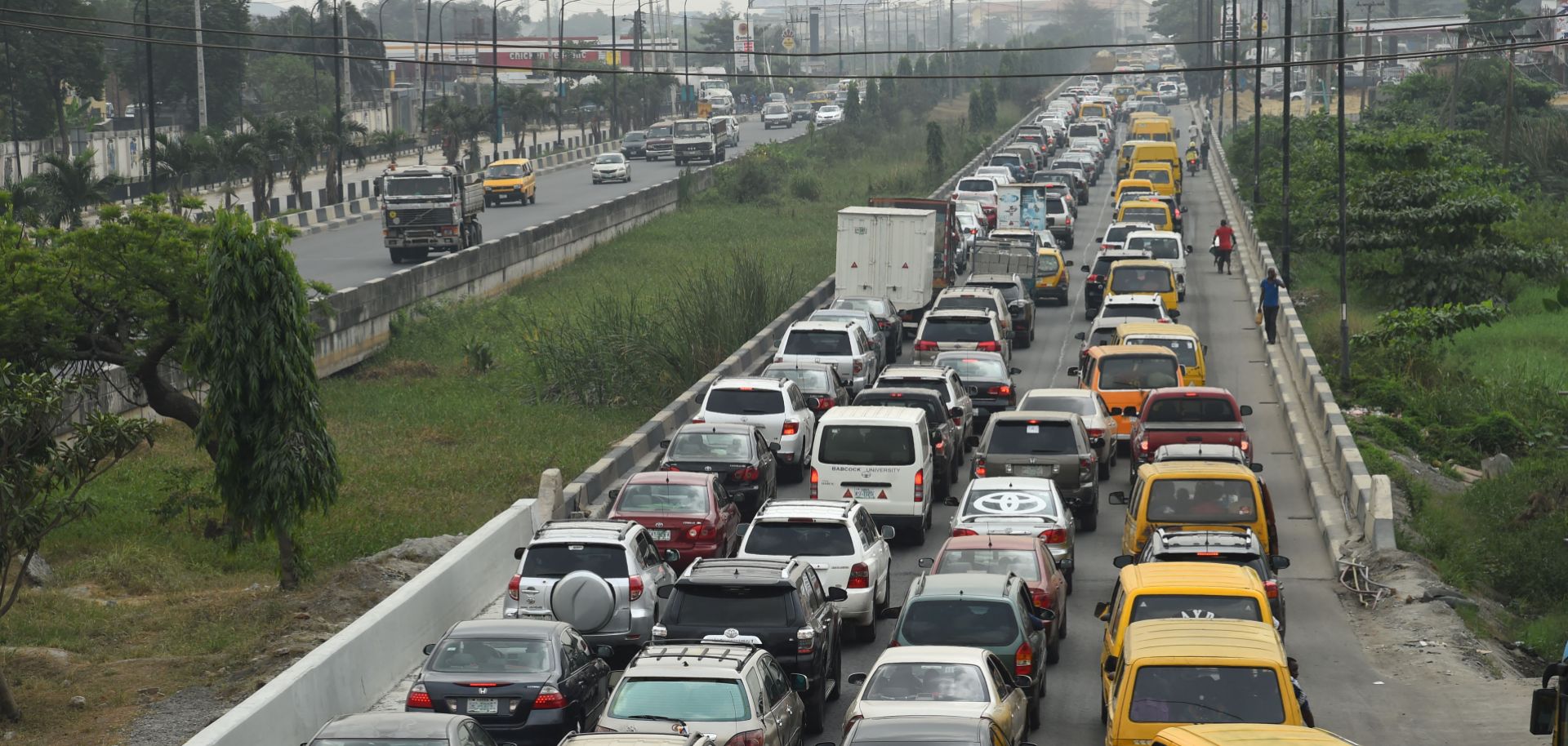Nigeria could see widespread unrest in the next 12-to-18 months, as the country's deepening fuel crisis further erodes Nigerians' purchasing power and quality of life. In addition to disrupting business operations and economic activity, the potential for such protests will increase pressure on the government to keep costly fuel subsidies in place, further dimming Nigeria's long-term financial outlook. In early May, lines to buy diesel and petrol in Nigeria's capital city of Abuja blocked traffic and caused fights over limited supplies. While the Nigerian government has not given a reason for the shortages, President Muhammadu Buhari's critics in the opposition have complained that the shortages are a result of a lack of reserves and corruption within the state-owned Nigerian National Petroleum Company (NNPC). In February, lines for fuel snaked around entire city blocks in Abuja, Lagos and Port Harcourt, as well as in smaller towns and cities, after the government...

